Liberate History to Conjure a Better Future
A tragic event etched a deep scar in one’s psyche, and the good life’s exhilaration became a thing of the past. Then time stood still. The drive to move on sputtered and quit, after reality suddenly changed. Ahead lies a dark abyss. “The deep silence of the heart” creeps in and reigns. The sense of the present—much less that of the future—is lost, as one floats, forlorn in the sea of the past that has swallowed the very expanse of time itself. The past can capture and imprison a grieving heart and soul in anguish. The past can prevent the sorrowful from standing before the noontime sun of the present, and it has even more power to block the sunset that promises a dawn of new hopes and opportunities.
The sense of the past is a true category in our mental framework and we ought to see the past objectively as it is. As regards our temporal existence, we are participants in the present, spectators of the past, and conjurers of the future. The past indubitably teaches us a myriad lessons that give credence to George Santayana’s admonition: “Those who cannot remember the past are condemned to repeat it.” The past serves its epistemic and cognitive purposes for us, as its lessons allow us to understand better the whys and wherefores of the present.
Present participation in the past, however, is not only a blunder but also a grave delusion, because the past is final and irrevocable, and we can only view it in hindsight. There is no way that we can ever locate ourselves in the past at this point in time. Time travel remains a fantasy. Such a distortion of the logic of time is a contradiction in terms. We are always located in the present, and from this point of view, the past is a matter of memory.
Therefore we say that the human condition precludes the present’s participation in the past; in other words, the here-and-now can never participate in the activities of bygone eras. On the other hand, we also acknowledge that the past’s participation in the present is quite real. In Rupert Sheldrake’s words, and also his major treatise’s title: ¨the presence of the past¨ is in every conscious species on Earth. We, who exist in the present are, in many ways, consequences of our respective biological and psychosocial programming: an aspect of the past that is permanently etched in our human constitution. In this sense, the past within the here-and-now is a natural reality with which no one can totally dispense.
The reality of the past is not a circumstance that should withhold us from treading the progressive path towards the delights of new experiences and promises of new possibilities that make life worthwhile. The past, within our here-and-now, is an inherent aspect of our existence and might even be a leading factor that points us to new and refreshing insights and discoveries to inspire, not only our own ascent to a higher and more refined intensity of being, but also that of others in the present and coming generations. In other words, the intrinsic process that makes possible the presence of the past in us is not in any way a hindrance but a dynamic component that defines where individuals are or are not. The boundaries of our personhood, which owe their reality to the past, within our here-and-now, significantly define how we ought to face present realities and conjure up future possibilities in a purely realistic way. The past within our being, at this point in time, is therefore not a stumbling block.
The past becomes a hindrance in the context of a delusion wherein one makes one’s present, or here-and-now, an aspect of one’s past. In such a case, individuals dwell in a past that has irrationally made them powerless captives. This could be a delightful phantasm of a bygone experience that persists in the landscape of one’s own imagination. Alternatively, it could be a tragic circumstance that has shattered every fiber of one’s sanity, so that no ray of hope is seen over the horizon, because even the horizon is nowhere to be found and there is only a dark abyss.
It is one thing for the past to be contained in the present and another for the present to be a component of the past. The former does not constitute the past as a hindrance, but the latter does; the former is a spontaneous reality, whereas the latter is an empirical absurdity. It is easy to find the past in one’s here-and-now, but it is impossible to locate oneself in the past at this point of time. When memory operates, it is not a case of putting oneself in the past, but rather an instance of appropriating the past into the present. There is no meaningfulness in the present being pushed towards the past, but meaningfulness is magnified when the past is pulled towards the present. The latter’s highest point of achievement is called history, whether it is that of an individual or a nation.
We cannot live in the past. To attempt to do so in an absolutely illusory manner is like building a solid wall that blocks the natural course of human evolution, as distinguished by Pierre Teilhard de Chardin in The Human Phenomenon. On one hand, we see the normal world march onward to higher levels of achievements, with the optimism of an undaunted warrior. On the other hand, we find that those who romanticize a bygone era get left behind, embracing the petrified relics of a glorified past that will never be revivified. We also find that the “low-spirited cynics,” with lives mired in past tragedies, fail to see and much less beat a clear path towards a promising future.
As co-creators of our evolving world, we know that the past is final and irrevocable. It is not quite accurate, however, to think that being final and irrevocable, the past cannot be changed. We as self-conscious, creative individuals are endowed with the power to signify the past for our purposes, and such signification, we call history. Lessons from history enlighten us to understand the present better and to approach more intelligently the challenges of the future that we are likewise tasked with creating. As the great Lebanese sage, Kahlil Gibran, remarked: “The consequences that cause sorrow and rapture are the seeds that the past has sown in the field of the soul, and by which the future shall profit.”
History as a matter of signification is therefore an interpretation and reinterpretation of the past. To be relevant to new generations, the past as history must face the challenge of continual re-interpretation for the purpose of drawing inspiration that is appropriate to contemporary challenges. This is controlling the past. This is changing the past. This is defying the past as a hindrance to growth and progress, personal and social.
Editor’s Notes: Photographs one and eleven by Kopp Delaney; two, three and ten by David Craig; four, six and seven by Ben Salter; five from the Vietnam archive of Manhhai.
Related Articles

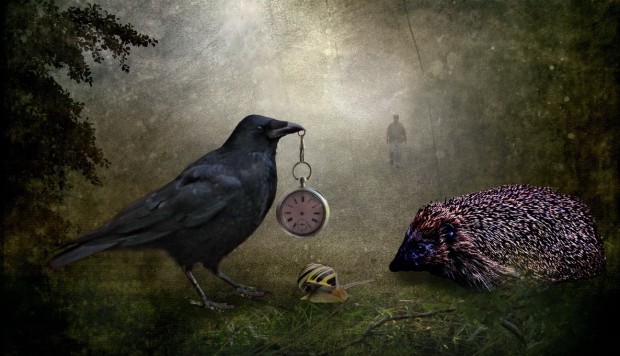
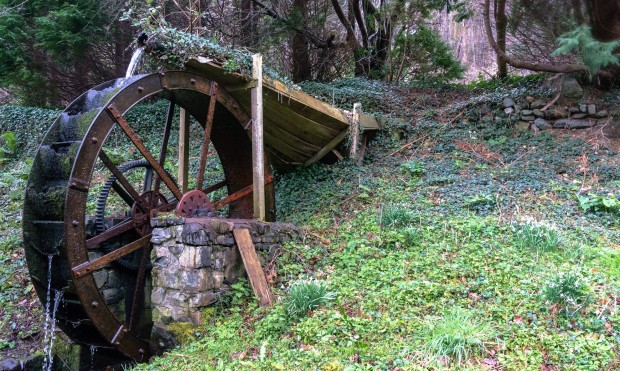
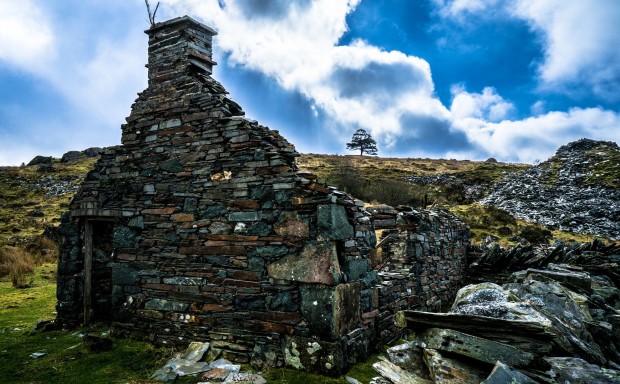
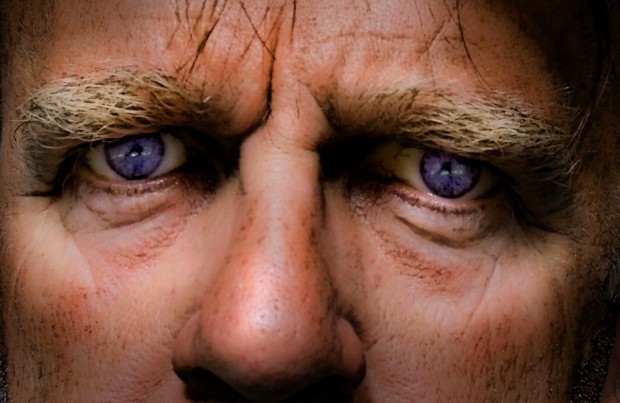
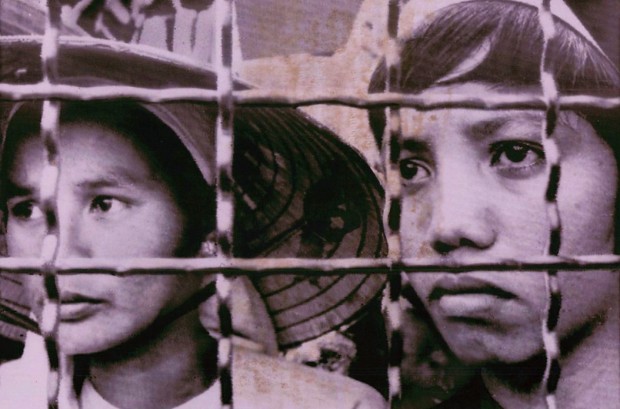
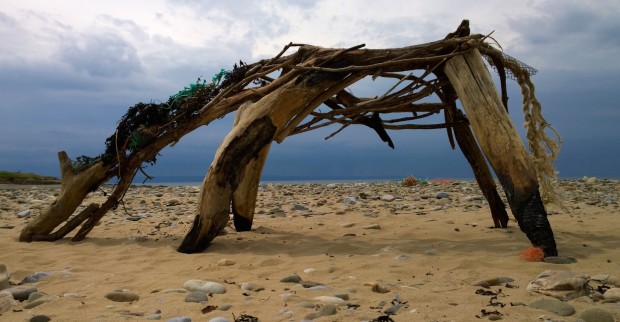

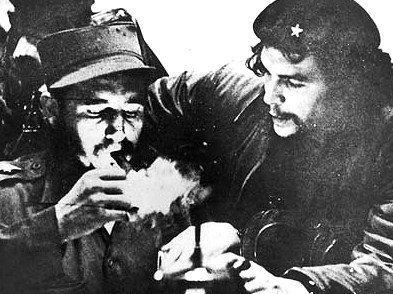
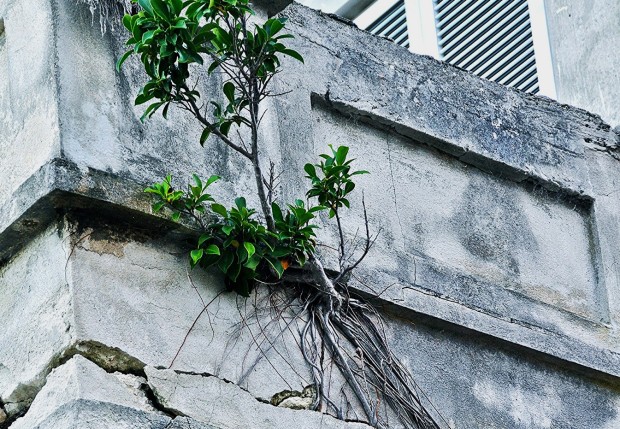
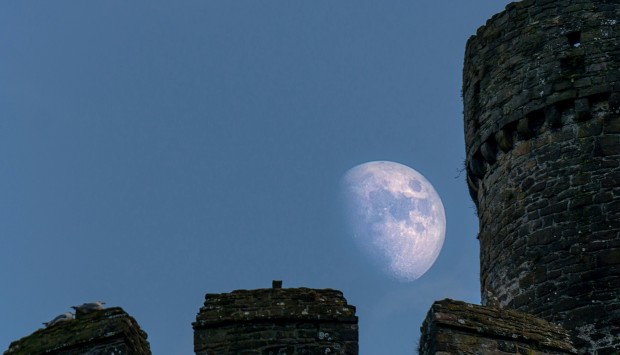
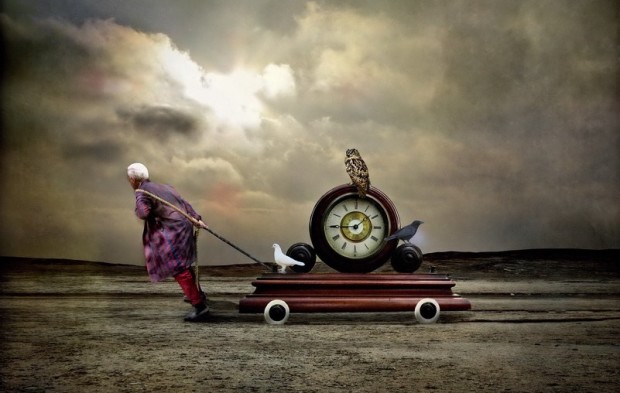











4 Responses to Liberate History to Conjure a Better Future
You must be logged in to post a comment Login